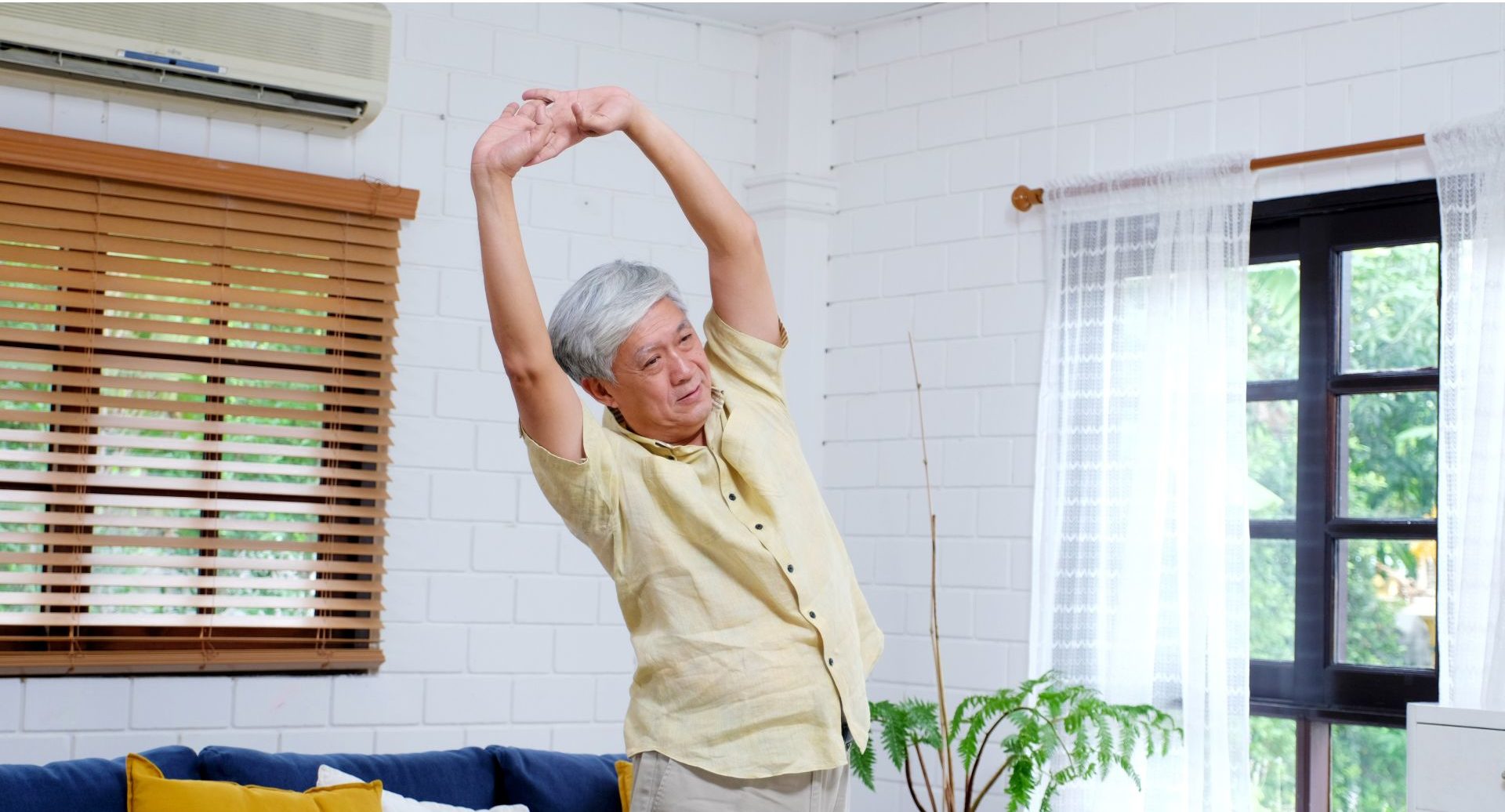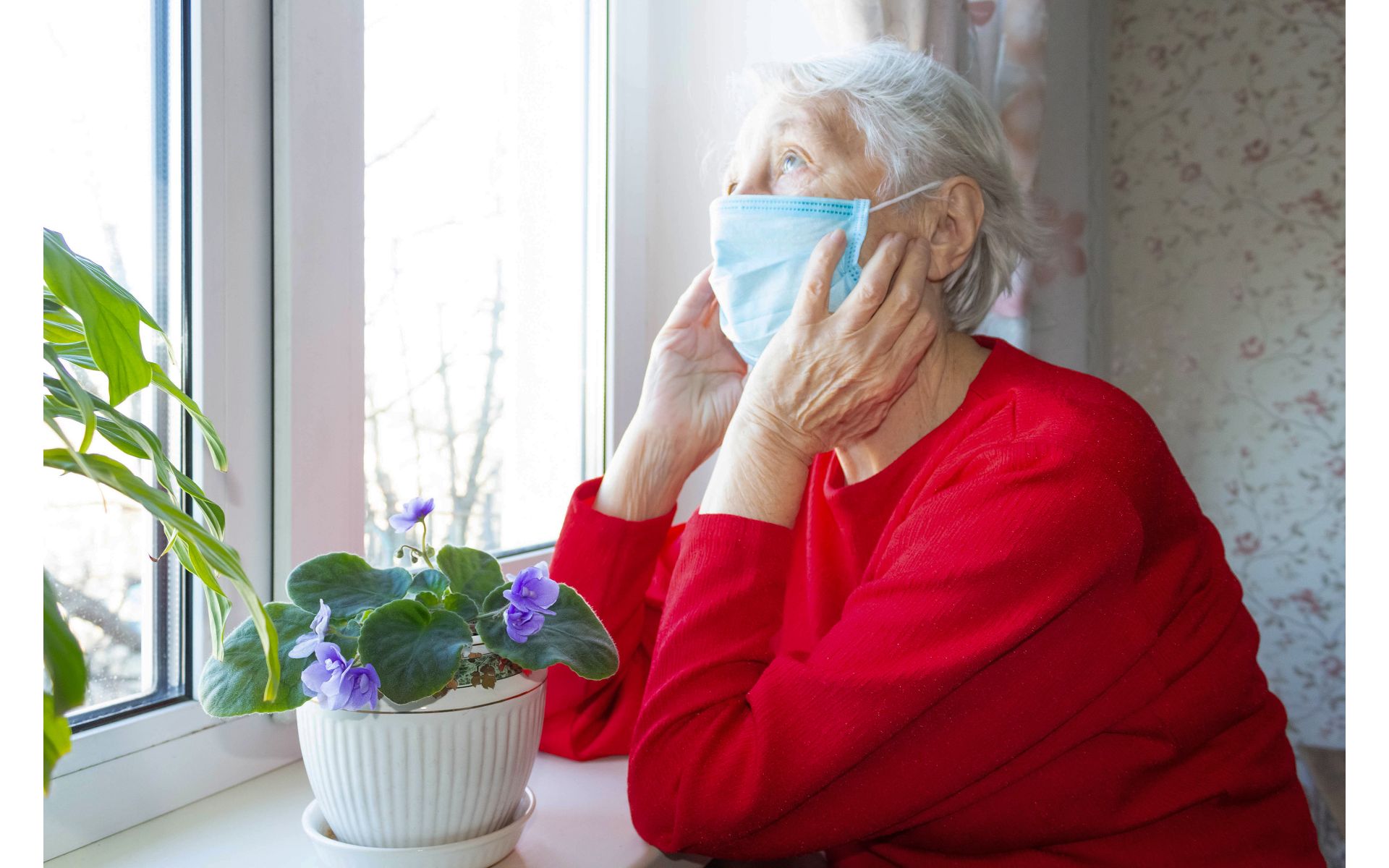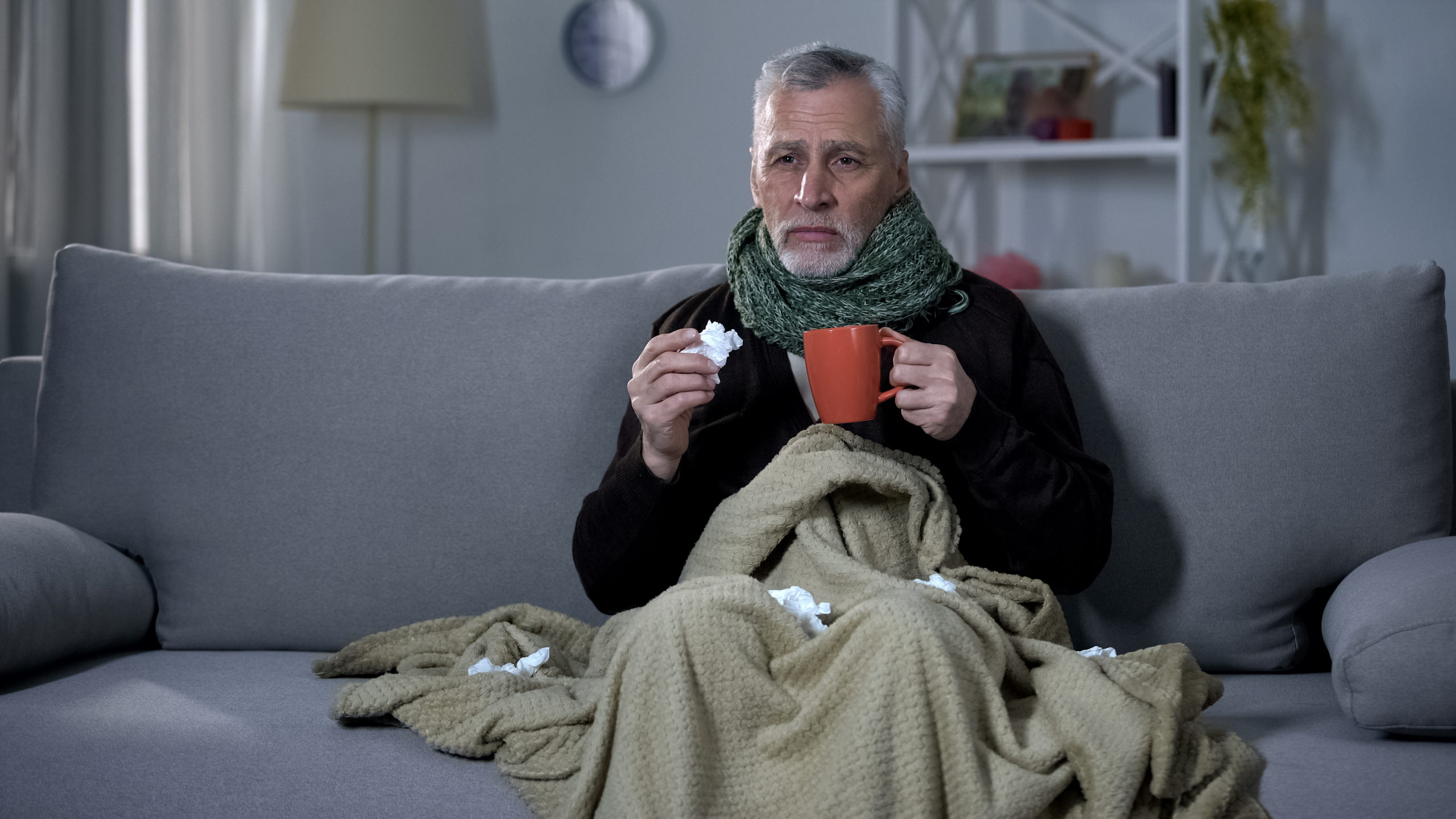While anyone is at risk when it comes to the seasonal flu (influenza), seniors unfortunately face the highest likelihood of being seriously impacted by it. The same goes for the common cold. One study found that people over 65 accounted for over half of flu-related hospitalizations, and nearly 85% of flu-related death. This makes it important to be extra careful during the peak season for these illnesses. Following certain strategies can keep you a lot safer, so here are our top tips for seniors during cold & flu season.
When is cold & flu season?
Cold and flu season peaks during fall, but continues into winter and even early spring depending on what area you live in. This is caused by two main reasons. The first is that certain viruses, including the common cold and flu, are able to thrive in colder temperatures. Secondly, people are indoors far more often during colder months which increases the likelihood of being exposed to these viruses.
Tips for Seniors During Cold & Flu Season
Differences Between Cold & Flu
The common cold and the flu are both contagious respiratory diseases, but the flu is only caused by influenza while the common cold can be caused by a variety of viruses. They have relatively similar symptoms, which can make it difficult to tell which one you may have. One main difference is that people with the cold will often have a runny nose, which usually isn’t the case with the flu. The flu will typically have stronger symptoms, and the onset will be faster. This isn’t always true though. It’s also far more common for the flu to result in serious medical issues, such as pneumonia or bacterial infections. Hospitalization as a result of a cold isn’t common, but does happen.
Prevention Tips
- Avoid large crowds in small spaces
- This is the easiest way to avoid infection from flu or cold, as well as coronavirus. The more people you’re in close contact with, the higher likelihood that one of them will pass a virus on to you.
- Exercise and stay hydrated
- Both of these will help your body fight off viruses. Exercise has been shown to boost immune system function, while drinking plenty of water and other non-caffeinated fluids helps your body flush out germs.
- Annual flu shot
- While some people are hesitant to get a yearly shot, it makes a big difference in your bodies ability to fight the flu. This is especially important for seniors, as the immune system weakens with age. Not only are you more likely to catch the flu, your body will have a harder time fighting it off.
- Wash hands often and avoid touching your face
- One of the main ways viruses enter our systems is through our mouth and nose, however our hands are the most likely to be touching surfaces that contain germs. Touching your face allows those germs to access your nose and mouth much more easily, increasing the chances of being infected by a virus.
- Vitamin C
- Although it won’t stop you from getting sick, studies have shown that Vitamin C can help you recover more quickly, and may make symptoms less severe.
Fighting Cold & Flu
The flu typically lasts three to seven days, although this can be longer for seniors due to their weaker immune systems. Here’s a couple tips to hopefully make that timeline quicker:
- Don’t hesitate to reach out to your doctor, especially if you feel like symptoms are worsening. They’ll be able to provide far better and more specific advice than any online resource could.
- Drink plenty of fluids, which will help flush your system of disease faster.
- Eat chicken soup. This is one old-fashioned remedy that still works. The steam from hot soup opens the nasal passages, the broth soothes the throat, and it also helps your white blood cells to do a better job fighting infection.
- Antiviral medications prescribed by a doctor can help you get rid of sickness faster, and prevent it from turning into something like pneumonia.
- Sleep at a 45-degree angle. Lying down flat causes mucus to collect in the sinuses, which may lead to further infection.
- Use a humidifier to soothe sore throats and cough.
Related Articles

In-Home vs. Alt Care
Are you considering caregiving options for your parent? We help weigh the deciding factors of in-home vs. alternative care for aging-in-place.

Staying Fit at Home
Finding a routine for senior exercises for a loved one can be challenging. Learn strategies to help a loved one stay fit without leaving home.

Disease-Free Homes
Disease prevention efforts and routines are vital to ensuring healthy senior living for your loved one. Learn tips for a disease-free home.




Leave a Reply